Twitter says it has stopped enforcing its policy on misleading information about coronavirus.
According to the company's website, it stopped taking action against tweets breaching its Covid rules, on Wednesday, 23 November.
Twitter had previously reported suspending more than 11,000 accounts for Covid misinformation as of September this year.
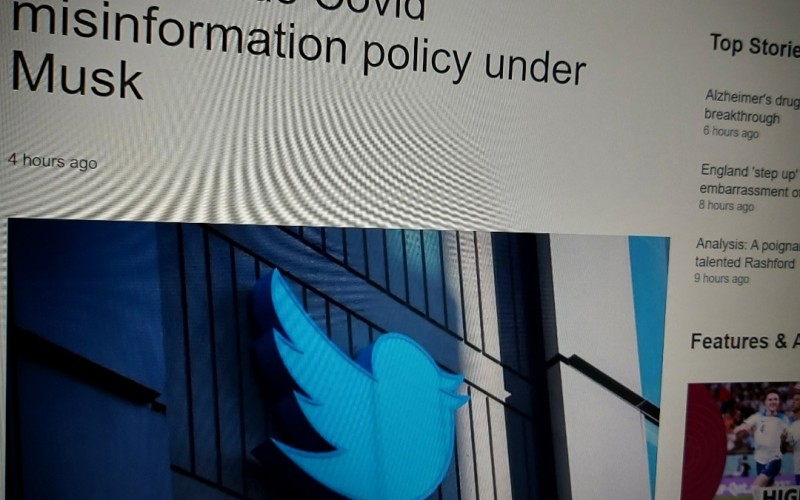
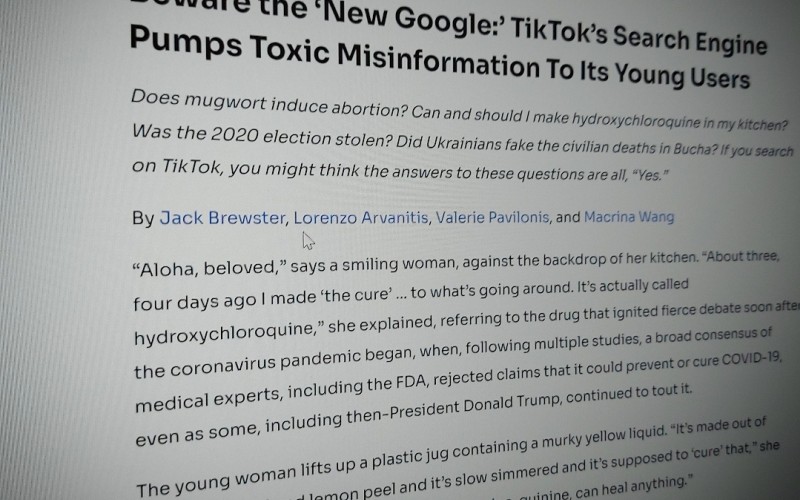
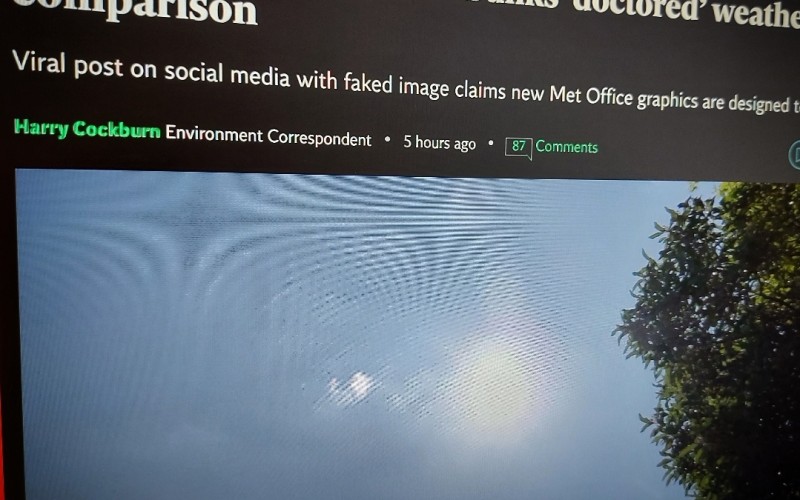
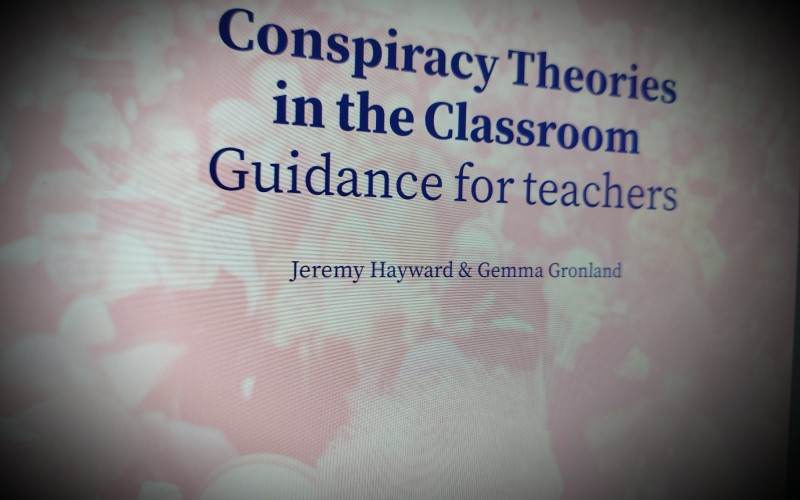
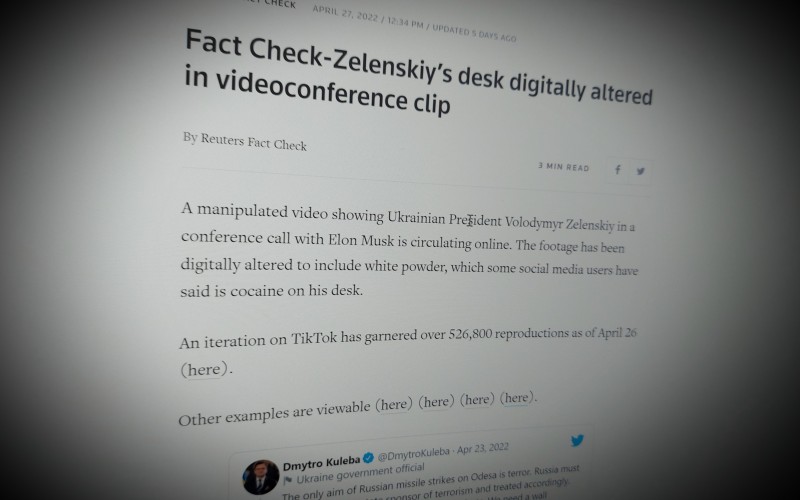
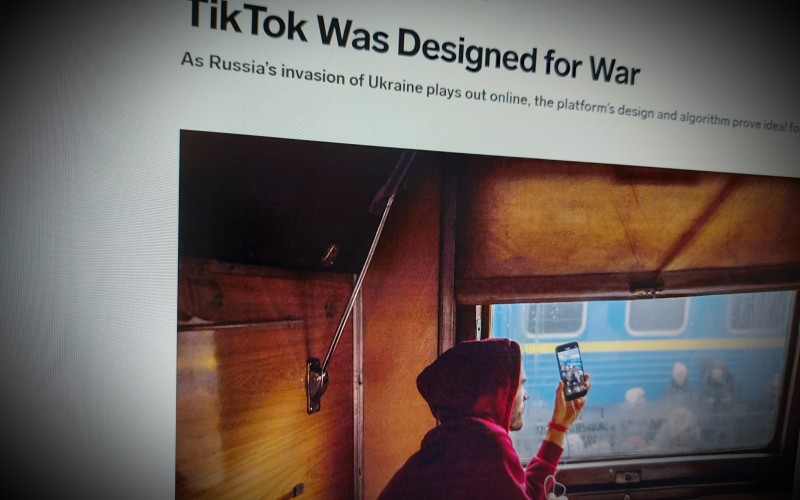
Comments
make a comment